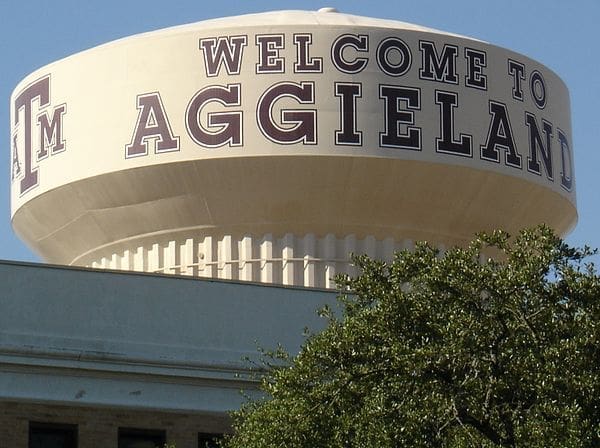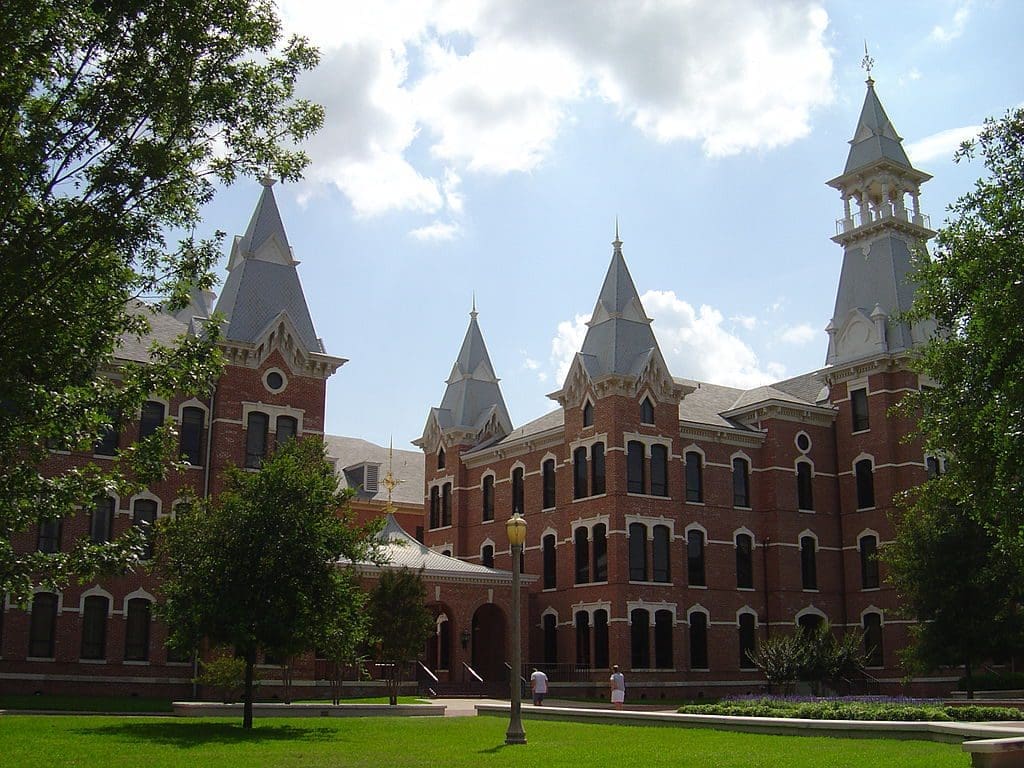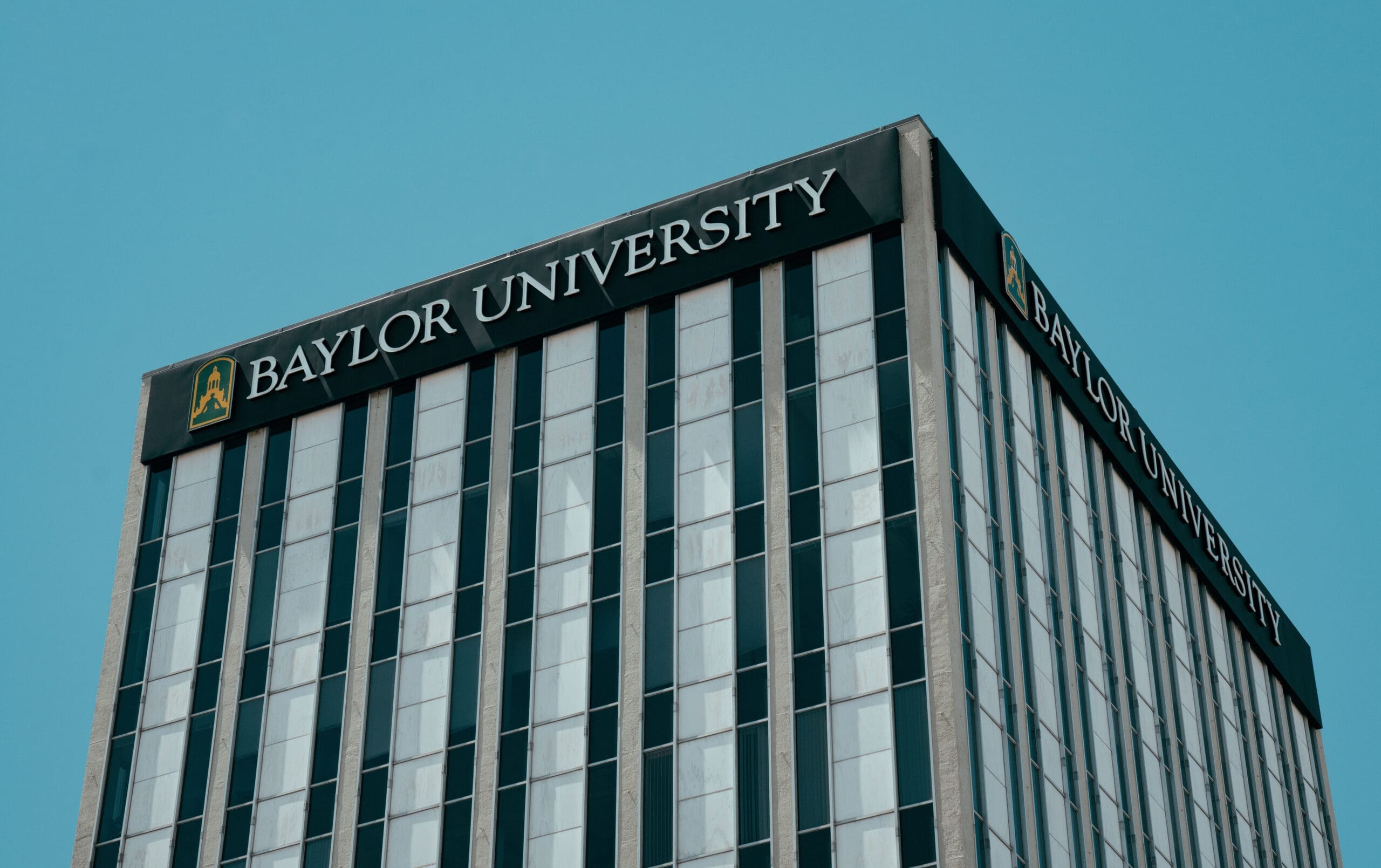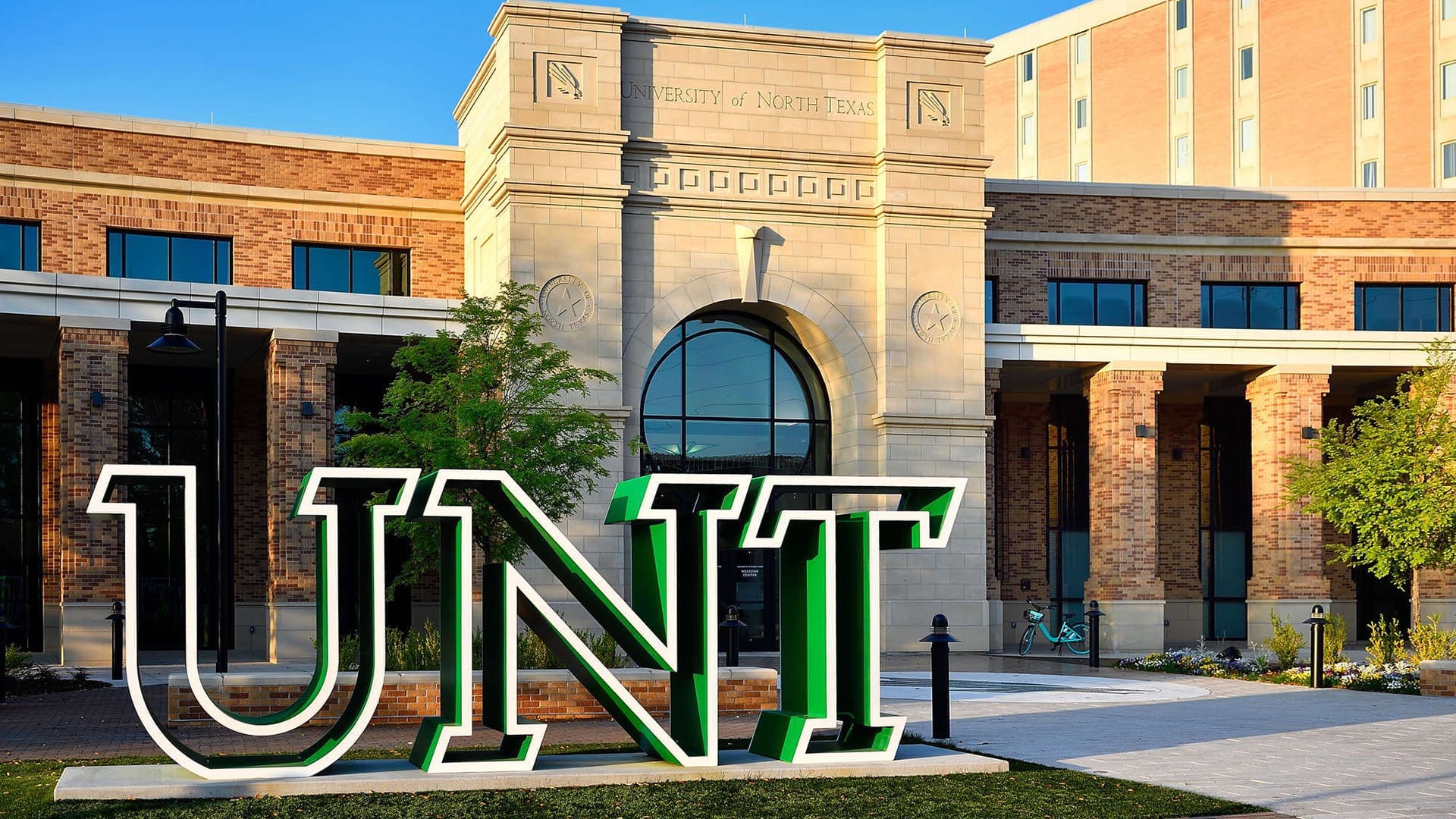Despite the federal courts siding with a campus within the Texas A&M system against drag shows, the flagship campus in College Station will be hosting a risque program later this week.
The event is called “Draggieland,” a student-run drag show that features six “drag queens/kings that compete for the crown of Draggieland in a pageant-style show.” The show is hosted by the Queer Empowerment Council. It began in 2020 and has faced challenges from students and officials who disagree with the performances.
This year’s theme is based around “Alice in Wonderland” and is set to take place Thursday night at the university’s Rudder Theater Complex. The show is advertised as 18-plus.
TAMU’s decision to host a drag show on campus creates an interesting contrast to West Texas A&M, which is in the same system and refused to allow its students to host a drag show on their campus.
Last year, a WTAMU LGBT organization, Spectrum WT, planned to host a drag show called “A Fool’s Drag Race,” which was advertised as “PG-13” and a fundraiser for The Trevor Project—a controversial LGBT nonprofit.
In canceling the event, WTAMU President Walter Wendler said drag shows discriminate against womanhood.
“As a performance exaggerating aspects of womanhood (sexuality, femininity, gender), drag shows stereotype women in cartoon-like extremes for the amusement of others and discriminate against womanhood,” said Wendler. “Drag shows are derisive, divisive, and demoralizing misogyny, no matter the stated intent. Such conduct runs counter to the purpose of WT,” he added, comparing drag shows to “blackface.”
Spectrum WT and two of the group’s student leaders then filed a lawsuit against Wendler, WTAMU’s Vice President for Student Affairs Christopher Thomas, Texas A&M University System Chancellor John Sharp, and several members of the university system’s Board of Regents, claiming Wendler violated their First Amendment rights.
Federal Judge Matthew Kacsmaryk later ruled that Wendler did not violate the First Amendment and that his decision to cancel the show was not “objectively unreasonable.”
The group, represented by the Foundation for Individual Rights and Expression, appealed the decision, where the U.S. Supreme Court denied the students’ petition to intervene in the matter.
Their case is set to be heard at the New Orleans-based U.S. Fifth Circuit Court of Appeals in late April.
TAMU President Mark Welsh has not responded to requests for comment on the differences in policies within the university system.





